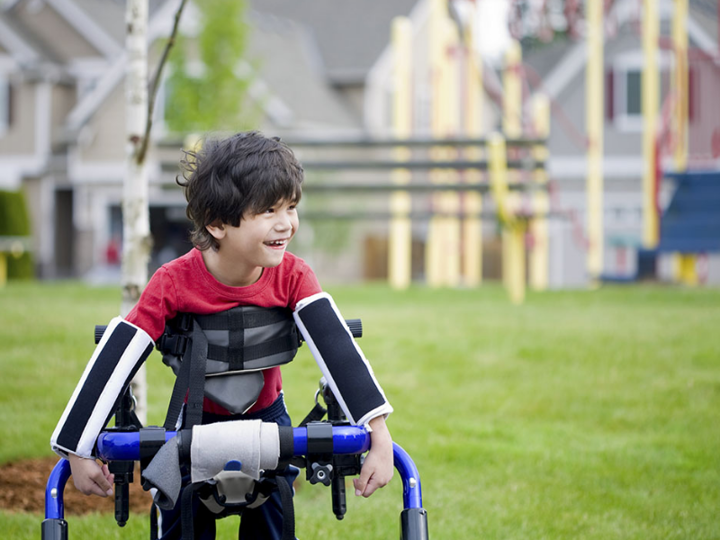Genetic conditions

The community paediatrics team is involved in the diagnosis and management of a range of genetic conditions which can be associated with developmental delay.
Explore the topics on this page:
What are genetic conditions
We all typically have 46 chromosomes in each cell (apart from our reproductive cells) which contain DNA. DNA is responsible for our genetic make up and for making us who we are.
We inherit one set of chromosomes from each parent. Sometimes variations in our genetic make up can be inherited from our parents and sometimes they can occur as a new variation. Variations occur all the time and are what make us different to our parents, but, occasionally these variations can cause difficulties.
This includes conditions such as down's syndrome, tuberous sclerosis, neurofibromatosis and Fragile X. Read more about these conditions.
Often when children are assessed for developmental delay, we will offer a genetic test called a genetic microarray to look at your child’s genetic makeup.
We work closely with other specialist paediatricians who are often involved in your child's care, as well as the genetics team in diagnosing and treating children.
Types of genetic conditions
What you can do to help
If you think that your child may have a genetic condition, talk to your GP or SENCO at school about your concerns. They will be able to explain the appropriate route for further referrals.
How your child might be affected
Genetic conditions can vary widely according to which genes are affected. They can be associated with both physical symptoms and mental difficulties which may include learning disabilities, autism and ADHD.
Last reviewed: 1 November, 2023

